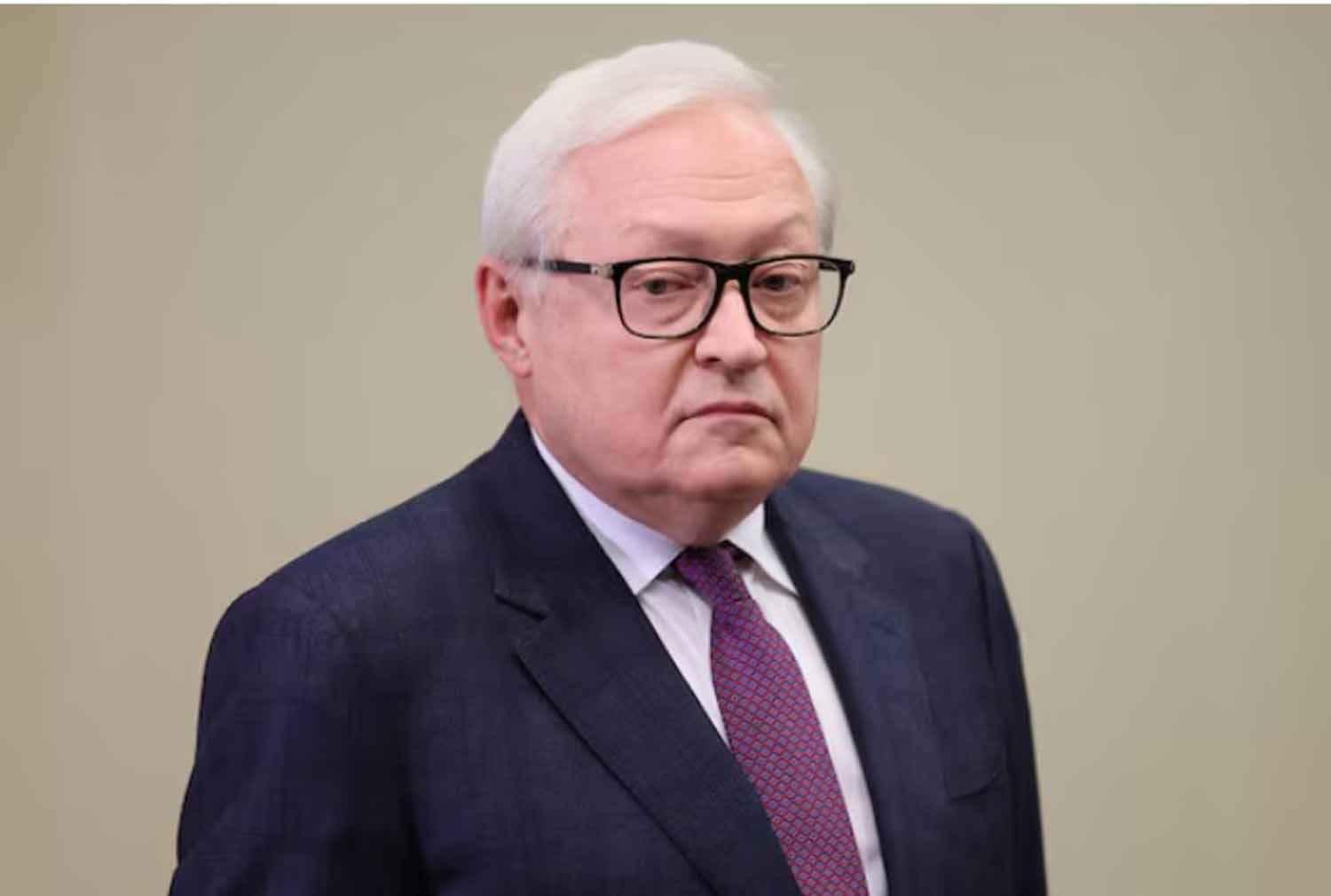The prosecutor of the International Criminal Court (ICC) announced on Wednesday his intention to pursue an arrest warrant for Myanmar‘s military leader, Min Aung Hlaing, in connection with crimes against humanity related to the alleged persecution of the Rohingya, a predominantly Muslim minority group.
A representative from Myanmar’s ruling junta did not provide an immediate response to inquiries for comment.
Approximately one million Rohingya individuals fled, primarily to neighboring Bangladesh, to escape a military offensive initiated by Myanmar in August 2017, which U.N. investigators have characterized as a clear instance of ethnic cleansing.
According to U.N. investigators, soldiers, police, and Buddhist civilians are accused of destroying hundreds of villages in Myanmar’s remote Rakhine state, torturing residents as they attempted to escape, and committing mass killings and gang rapes.
Myanmar has refuted these claims, asserting that its security forces were engaged in legitimate operations against militants who had attacked police stations.
Currently, most refugees are living in dire conditions in camps in Bangladesh.
“He [Min Aung Hlaing] is accountable for orchestrating the genocide against the innocent Rohingya people,” stated Mohammed Zubair, a Rohingya researcher residing in a refugee camp in Bangladesh. “Under his leadership, the military has killed thousands of Rohingya and subjected numerous women and girls to horrific sexual violence.”
Pursuing a warrant for “the individual who holds the highest military position in Myanmar sends a powerful message to perpetrators that no one is above the law,” remarked Nicholas Koumjian, head of the U.N. Independent Investigative Mechanism for Myanmar, which has supported the ICC investigation.
A panel of three judges is set to determine whether there are “reasonable grounds” to conclude that Min Aung Hlaing is criminally responsible for the deportation and persecution of the Rohingya in Myanmar and Bangladesh.
While there is no specific timeline for their decision, it typically takes about three months to issue a ruling on a warrant.
This action by the ICC prosecutor comes amid significant political pressure from Washington and other entities regarding the arrest warrant issued for Israeli Prime Minister Benjamin Netanyahu and his former defense chief, Yoav Gallant.
The prosecutor’s office indicated that the warrant request follows thorough, independent, and impartial investigations. They also noted that additional applications for arrest warrants related to Myanmar are forthcoming.
Although Myanmar is not a signatory to the treaty establishing the ICC, judges ruled in 2018 and 2019 that the court has jurisdiction over alleged cross-border crimes that occurred in neighboring Bangladesh, an ICC member state, allowing prosecutors to initiate a formal investigation.
“This marks the first request for an arrest warrant against a senior official of the Myanmar government that my Office is submitting. More will follow,” stated the ICC prosecutor.
FIVE-YEAR INVESTIGATION
The ICC has been conducting an investigation into crimes against the Rohingya for nearly five years. This investigation has faced challenges due to limited access to Myanmar and the ongoing turmoil following the military’s ousting of the democratically elected government led by Nobel laureate Aung San Suu Kyi in 2021, which ignited a resistance movement that transitioned from peaceful protests to armed conflict on various fronts.
Investigators have relied on witness testimonies, including accounts from insiders, as well as documentary evidence and verified scientific, photographic, and video materials.
The ICC prosecutor’s move to pursue a warrant against Sr. Gen. Min Aung Hlaing coincides with a resurgence of atrocities against Rohingya civilians reminiscent of those experienced seven years prior, stated Maria Elena Vignoli, senior international justice counsel at Human Rights Watch.
“The ICC’s initiative represents a significant advancement in disrupting the ongoing cycle of abuse and impunity that has historically contributed to the military’s widespread violations,” she added.
Comprising 124 member nations, the ICC is tasked with prosecuting individuals for war crimes, crimes against humanity, genocide, and aggression. Lacking its own police force for arrests, it depends on member states for enforcement. Securing the custody of Min Aung Hlaing poses a challenge, as he refrains from international travel.
Major global powers, including the United States, Russia, China, and India, have not ratified the ICC. However, it enjoys support from the entire European Union, Australia, Canada, the United Kingdom, Brazil, Japan, and numerous countries across Africa and Latin America.
The ICC has issued multiple arrest warrants for current national leaders, including Israeli Prime Minister Netanyahu, Russian President Vladimir Putin, and Sudan’s Omar al-Bashir. To date, only one sitting head of state, Kenya’s Uhuru Kenyatta, who faced charges from the ICC prior to his election as president in 2013, has appeared in court, although the case was subsequently dismissed.
Discover more from Defence Talks | Defense News Hub, Military Updates, Security Insights
Subscribe to get the latest posts sent to your email.





